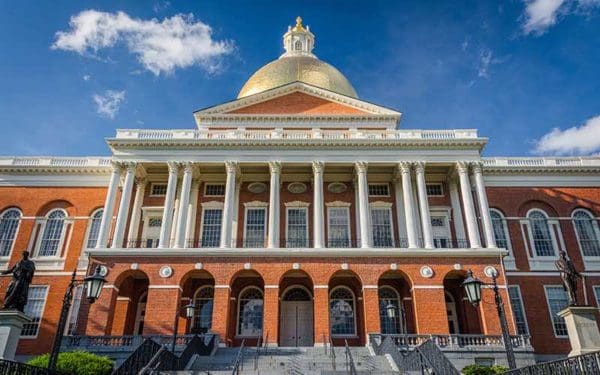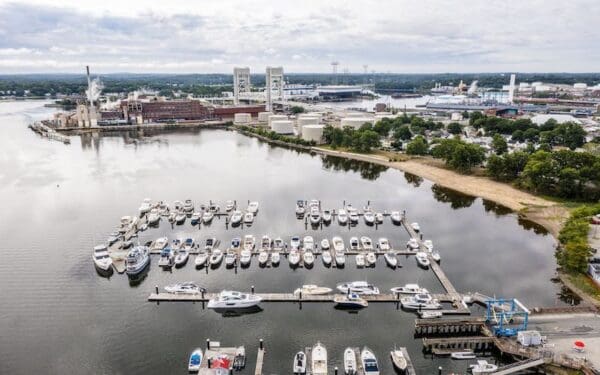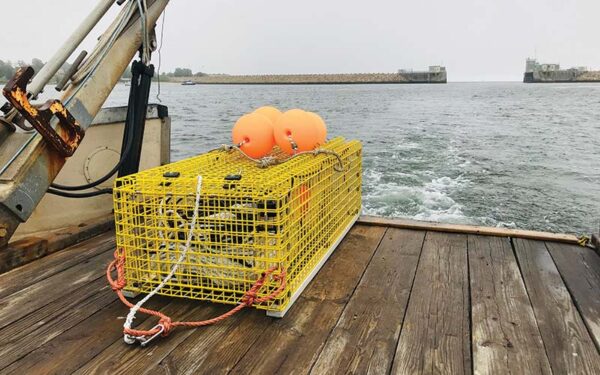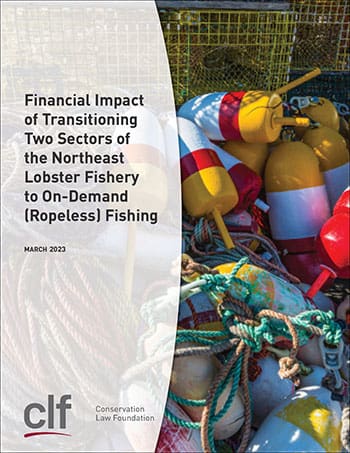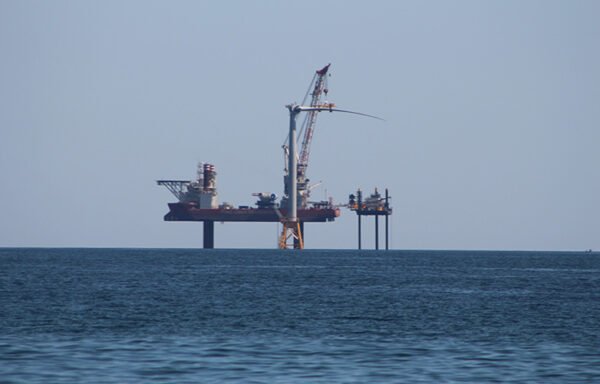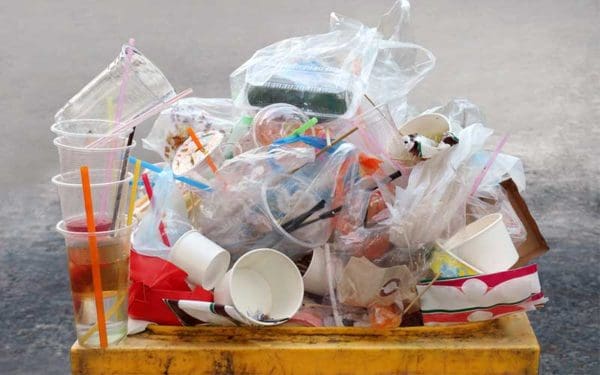Mar 16, 2023
Energy efficiency is not just about conserving energy or changing your old lightbulbs. It’s about getting more bang for your buck with every appliance – and making sweeping changes so that every level of our economy can do the same.
Mar 16, 2023
Offshore wind can save us money on our energy bills, provide more electricity in cold temperatures, and slow the effects of climate change.
Mar 15, 2023
“I’m thrilled to see Staci’s talent recognized in her appointment to this essential post,” said CLF President Brad Campbell. “In an era of high cynicism about politics, it is telling that Governor Healey has chosen Staci based on her leadership skills, her legal acumen, and her principled commitment to the public interest and social justice. Massachusetts communities are better off because of the leadership Staci will provide in transitioning to clean energy and advancing environmental justice.”
Mar 14, 2023
“Sprague’s Quincy terminal is an accident waiting to happen,” said CLF President Bradley Campbell. “The climate crisis is worsening storms and flooding in and around Boston Harbor, and Sprague has sat on their hands while nearby communities are at risk of being inundated with a toxic oil spill. This facility is woefully unprepared for extreme weather, and it’s time the owners are held accountable in court.”
Mar 08, 2023
We analyzed two sectors of the commercial lobster fishery to determine what it will cost to transition to ropeless gear.
Mar 08, 2023
We analyzed the costs of transitioning two sectors of the commercial lobster fishery to ropeless fishing gear and detail the findings in this report.
Mar 03, 2023
In Massachusetts, landfills are reaching capacity, and the costs for waste disposal are growing. But expanding landfills or shifting our burden onto others will not fix the problem. Instead, we must produce less trash.
Mar 02, 2023
With at least nine new offshore wind farms geared to start spinning in New England by 2028, now is the moment to consider what thoughtful and inclusive offshore wind infrastructure looks like.
Feb 27, 2023
A colorful bobbing buoy is an iconic part of New England’s visual identity, a symbol of fresh-caught seafood and days spent by the water. But all those buoys can pose a danger to marine life. The thick vertical lines that connect buoys to lobster traps on the seafloor can entangle whales, causing grievous injuries and… Continue reading The Truth about Ropeless Fishing Gear
Feb 24, 2023
“Everyone deserves a say in what happens in their backyards, no matter what language they speak,” said Staci Rubin, Vice President of Environmental Justice at CLF. “It’s unconscionable that Massachusetts officials are allowing this polluting project to plow ahead in the face of such strong community opposition. The EPA needs to step in and force the state to do the right thing by starting this process over.”



